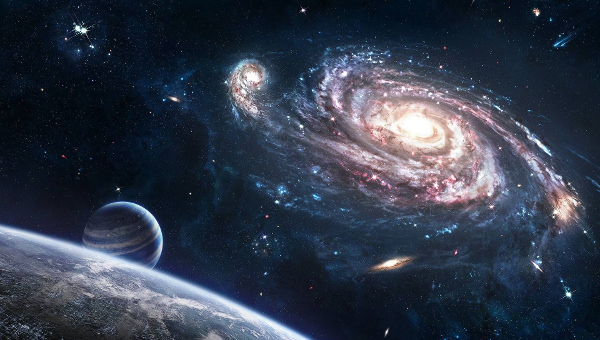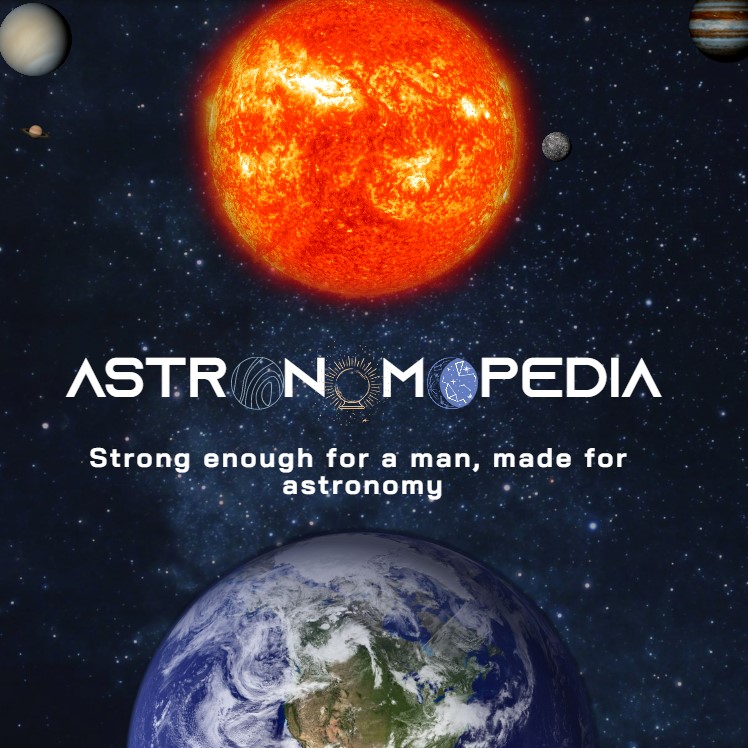
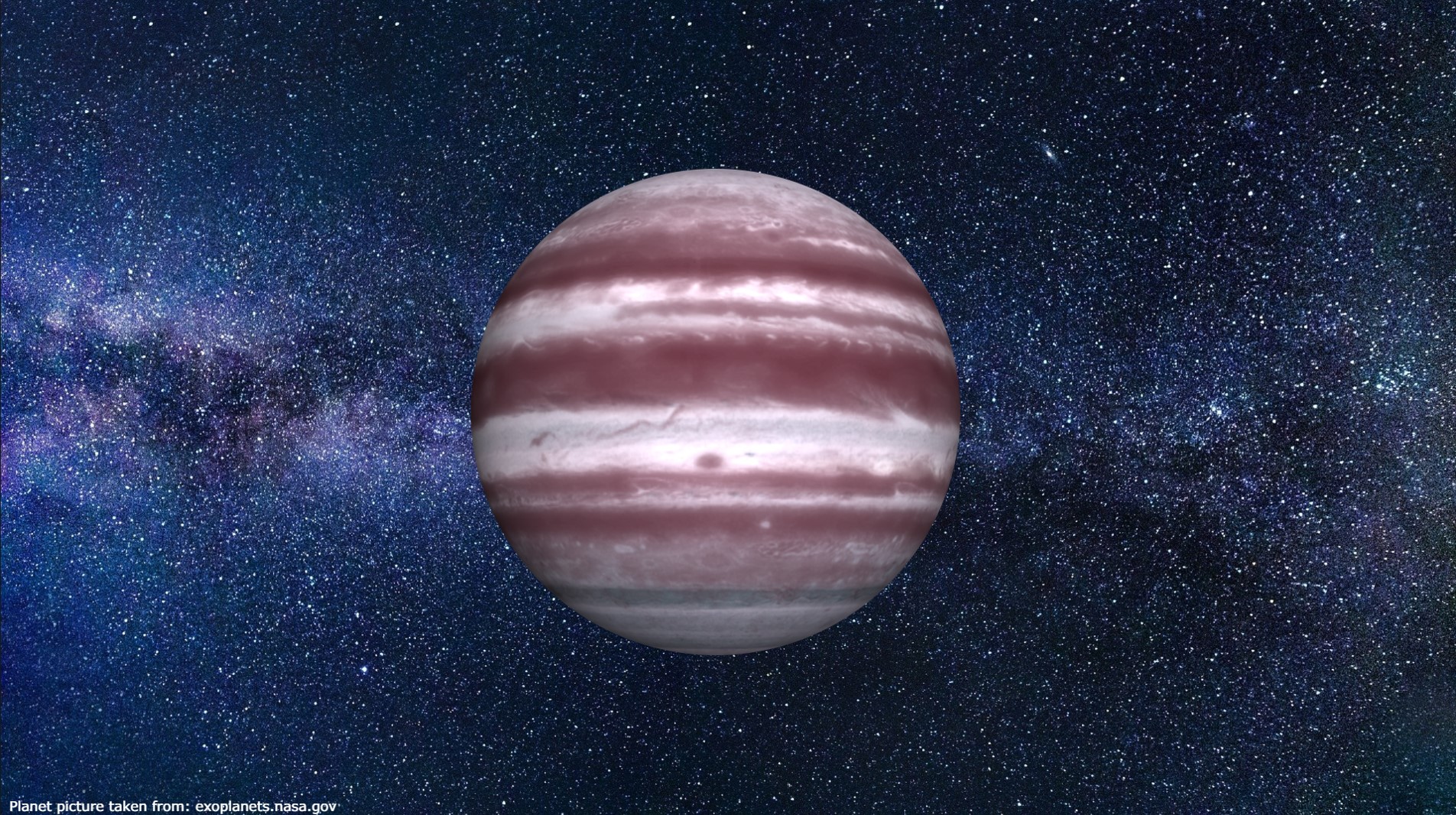
Gliese 1214 b
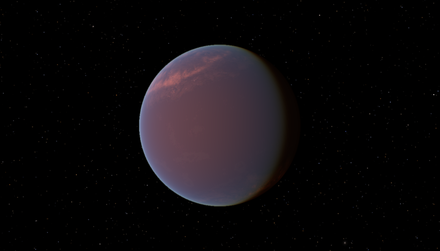
What is Gliese 1214 b?
Gliese 1214 b (sometimes abbreviated to GJ 1214 b) was discovered in December 16 2009 and it orbits the star Gliese 1214. Located in the constellation Ophiuchus, its parent star is 48 light-years from the Sun. According to the most recent data, GJ 1214 b might be an ocean planet. It has thus been nicknamed "the waterworld".
What is special about this exoplanet?
It seems most likely that GJ 1214 b is an ocean world, this is because the possibility for haze to form in the atmosphere due to the high temperatures of the planet which affect the hydrogen and carbon chemistry is high.
Morphology
Geomorphology
Despite being six times as massive as Earth, Gliese 1214 b is less than three times as wide, fitting in between Uranus and Neptune as the largest ice giants in the solar system. It possesses a radius of 34,000 km (21,126.62 miles) and possesses an area of 3,631,681,108 km² (2,256,622,019.904 miles²).
Anatomy
In light of the planet's mass (48,791,240,000,000,000,000,000 tons) and radius, its density can be calculated, and it is 1,870,000 g/cm³.
Tectonic plates
Studies of the tectonic plates of Gliese 1214 b has yet to be made.
Location
With a semimajor axis of 6 million kilometers (3 million miles), Gliese 1214 b orbits the star Gliese 1214. Gliese 1214 b is also approximately 40 light years from Earth.
Physico-chemical properties
It is possible for this exoplanet to be covered in water, with 75% ice and 25% rock and metal, but that is still a suposition.
Temperature
Gliese 1214 b's temperature ranged from 393 to 555 Kelvin (120 to 282 °C or 248 to 539 °F).
Age
Gliese 1214 b has an age between 5-10 Gyr (5,000,000,000-10,000,000,000 terrestrial year).
Force fields
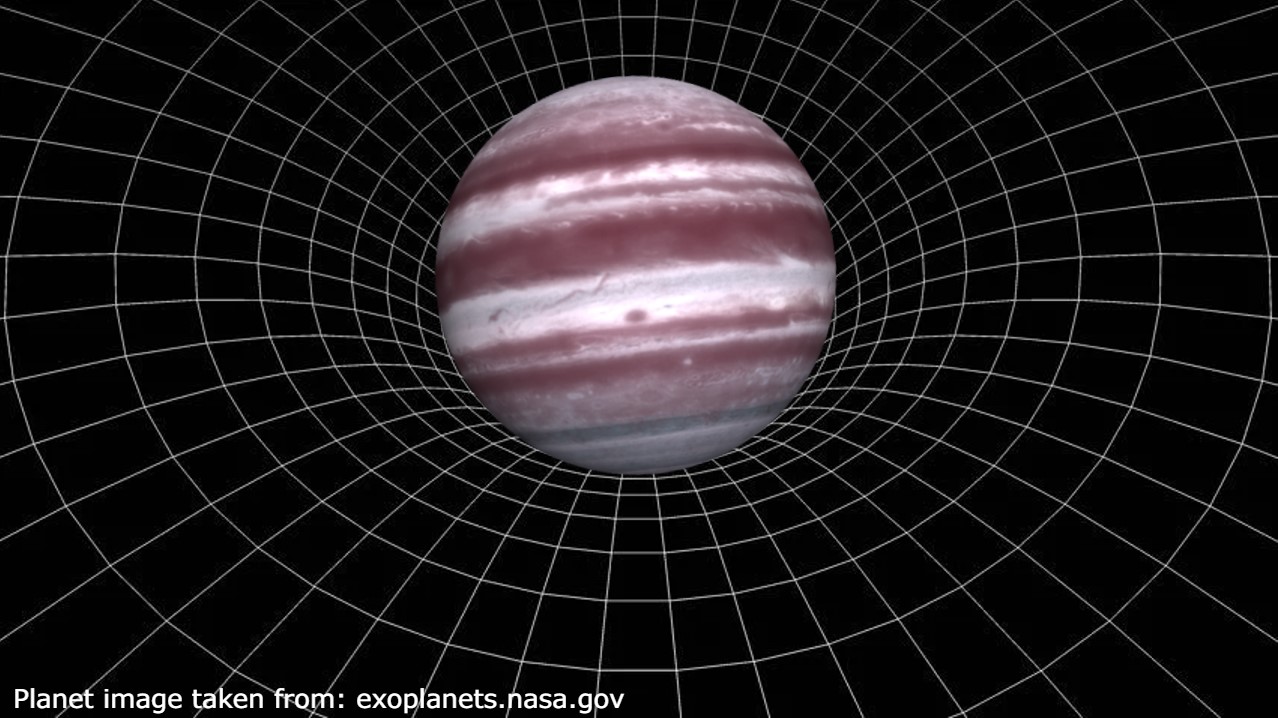
Gravitational force
The gravity of Gliese 1214 b attain 0.9099 Gforce (8.924 m/s² or 29.278215 ft/s²).
Magnetic field
The magnetic field of this exoplanet remains a mystery.
Motions
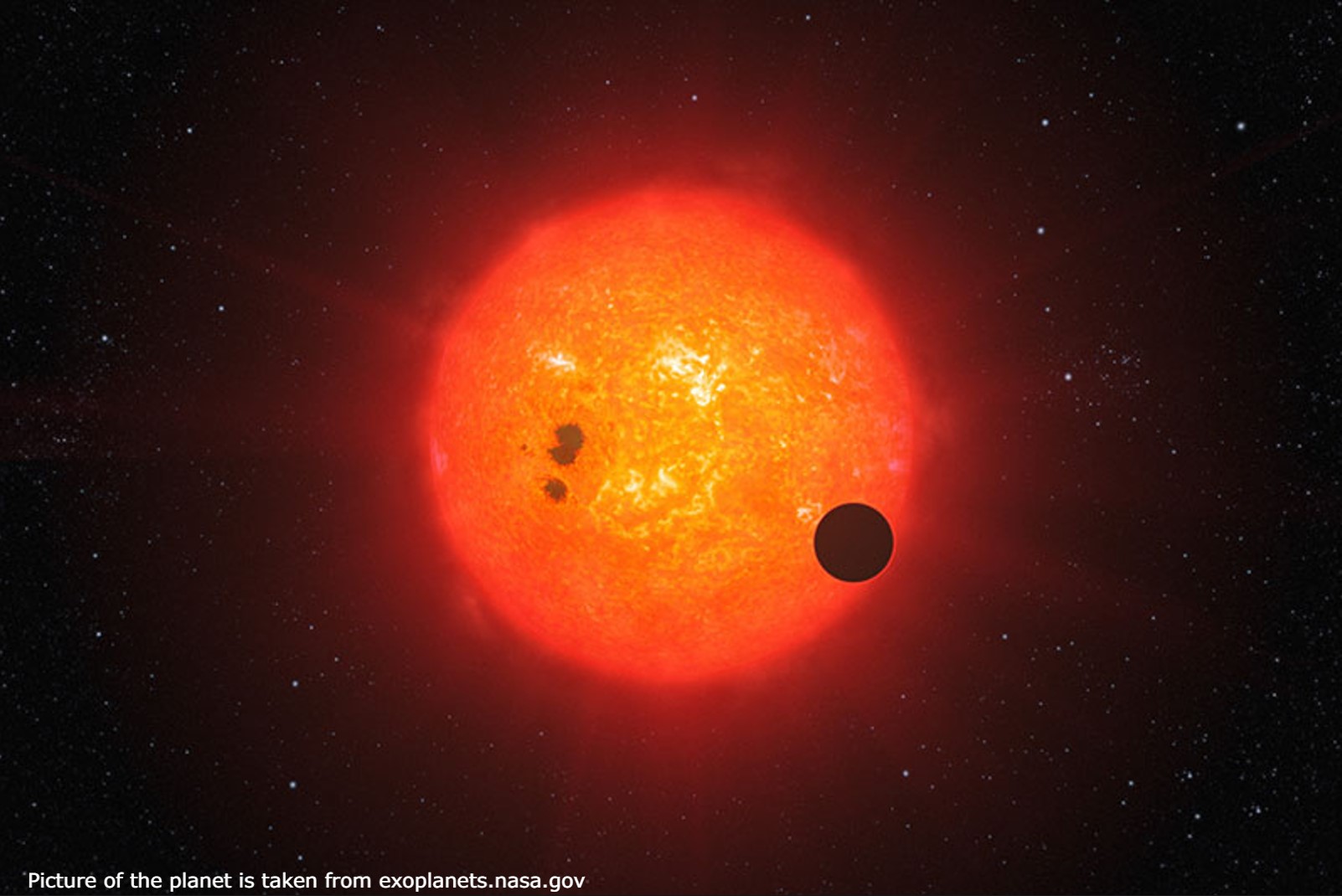
Orbit
A full orbit of Gliese 1214 b around its parent star (Gliese 1214) takes 38 terrestrial hours.
Rotation
The time it takes Gliese 1214 b to make a day is still unknown.
Satellite systems
Moon system
As far as we know, Gliese 1214 b has no moons.
Ring system
No ring is present around Gliese 1214 b.
